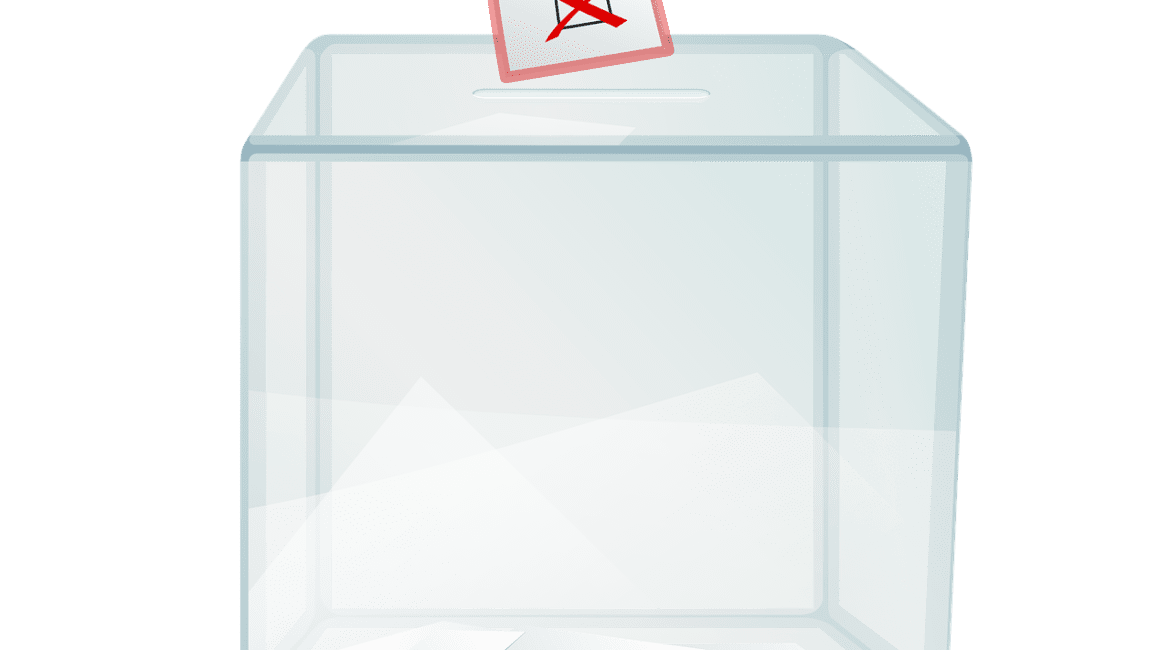Last week, Iraqis hit the pools for the fifth time since the toppling of Saddam Hussein in 2003. Elections were called as a response to the vast anti-system protest movement in 2019. Then, Iraqis took the streets for expressing their dissatisfaction with the endemic corruption of local political class, the infrastructure collapse, the difficult economic conditions for a large segment of the population, as well as with opposition to the influence of Iran affiliated Shia militias, who have managed to infiltrate the administrative structures of the country.
When the protests broke out, Fatah was the most effective political force, bringing together the most influential militias: Badr, Assaeb Ahl Al Haq, Kataeb Hezbollah and Kataeb Al Imam Ali. Over the years, these groups posed as defenders of Shia community and Iraqis, in general, but in 2019 they confirmed what many Iraqis already knew: the Shia militias were primarily interested in defending their own positions of power and privileges, but also in attaining the Iranian goals. Almost 600 protesters were killed by these militias, who opened fire on the crowds of civilians.
In the context of a series of kidnappings and assassinations, attributed to Shia militias, in order to discourage the independent and reformist candidate for running in the elections, many Iraqis boycotted the ballot. Those who did cast their votes punished in fact Fatah severely, the alliance losing two thirds of the seats won in back 2018. Unsurprisingly, Fatah did not recognize the result and claimed that the ballot was fraud. The question is how far they are eager to go, taking into consideration the fact that the largest number of seats were secured by another Shia faction, the bloc of the populist Shia cleric, Muqtada Al Sadr. His popularity continued to grow over the years, meaning that it would be extremely risky if Shia militias or Iran acted against him.
Even that Shia militias do not take any action for the time being, Iraq's problems persist: economic difficulties, infrastructure dysfunctions, lack of confidence in political class, reconstruction failed and rebuilding trust among the country's main Muslim communities, Sunni, Shia and Kurd. Radicals have not been entirely disappeared, but have rather gone into hiding, following the defeat experienced by the Jihadists.
Iraq's stability remains very fragile. Sooner or later, a strong government will need to disarm the militias, the dilemma that no one seemed to be willing to solve until now, due to their military strength and their close ties with Iran.
Elections in Iraq

